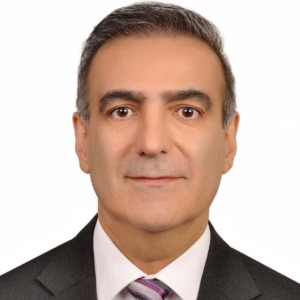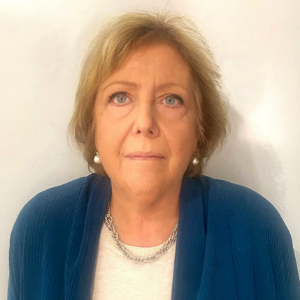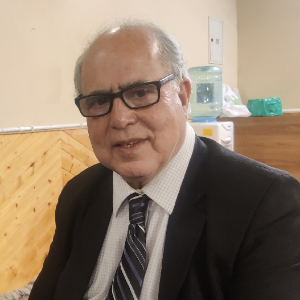Ocular Trauma and Emergency Ophthalmology
Time-sensitive management defines the scope of ocular trauma and emergency ophthalmology, where rapid assessment can preserve vision and prevent permanent disability. From open globe injuries to chemical burns, traumatic hyphema to orbital fractures, emergency ophthalmic presentations require swift clinical judgment and access to specialized care. Advances in imaging—such as point-of-care ultrasound and high-resolution CT—aid in immediate decision-making. Primary repair techniques and protective strategies continue to evolve, with emphasis on preserving ocular structures and visual potential. Pediatric trauma presents unique challenges, often complicated by non-verbal symptom reporting or abuse-related injuries. Interdisciplinary cooperation with emergency physicians and trauma teams is vital, especially in multi-system injuries. As global conflict, industrial hazards, and road accidents increase ocular injury risk, structured trauma protocols and public education are central to reducing long-term complications.

Tim Jackson
King’s College London, United Kingdom
Shadrokh Nabili
University Hospitals of Morecambe Bay NHS Foundation Trust, United Kingdom
Anna Maria Bassi
University of Genoa, Italy
Pio Conti
University of Chieti, Italy
Gowhar Ahmad
Florence Hospital Srinagar, India
Hyungju Park
Gangnam Tokyo Eye Clinic, Korea, Republic of




Title : Rare and interesting case of Goldenhar’s syndrome in a 3 years old male child
Gowhar Ahmad, Florence Hospital Srinagar, India
Title : Management of common vitreoretinal lesions: An overview and update
Tim Jackson, King’s College London, United Kingdom
Title : Optimizing astigmatism management in refractive cataract surgery
Shadrokh Nabili, University Hospitals of Morecambe Bay NHS Foundation Trust, United Kingdom
Title : Comparative outcomes of a newly modified trabeculectomy versus conventional trabeculectomy
Hyungju Park, Gangnam Tokyo Eye Clinic, Korea, Republic of
Title : Lumevoq gene therapy in leber hereditary optic neuropathy
Magali Taiel, GenSight Biologics, France
Title : Intra orbital wooden foreign bodies: A retrospective study of 30 cases
Chandana Chakraborti, Regional Institute of Ophthalmology, Medical College & Hospital, India